India’s automobile market is one of the largest and most competitive in the world. Among the many players, Maruti Suzuki and Hyundai stand out as two of the most dominant brands. Both companies have a strong foothold in the Indian market, offering a wide range of vehicles that cater to diverse consumer needs. In this article, we will compare Maruti Suzuki and Hyundai based on their warranty offerings, history, reputation, market valuation, reliability, and what people think of these brands.

Warranty offerings
Maruti Suzuki
Maruti Suzuki provides a standard warranty of 2 years or 40,000 kilometers, whichever comes first, across most of its vehicles. Additionally, the company offers extended warranty packages that can cover vehicles for up to 5 years or 1,00,000 kilometers. The brand is known for its extensive service network, ensuring easy access to warranty services even in remote areas.
Hyundai
Hyundai, on the other hand, offers a more generous standard warranty of 3 years or unlimited kilometers for most of its models. It also provides extended warranty options, allowing coverage of up to 5 years. Hyundai’s emphasis on after-sales service and its growing service network make it a strong competitor in terms of warranty and maintenance support.
Verdict: While Maruti Suzuki offers reliable warranty coverage, Hyundai’s longer standard warranty with unlimited kilometers gives it an edge for buyers seeking long-term assurance.
History and trajectory
Maruti Suzuki
Maruti Suzuki was established in 1981 as a joint venture between the Government of India and Suzuki Motor Corporation of Japan. The brand revolutionized the Indian automotive landscape with the launch of the iconic Maruti 800 in 1983. Over the decades, Maruti Suzuki has maintained its position as the market leader, offering affordable, fuel-efficient, and reliable vehicles.
In the present day, Maruti Suzuki focuses heavily on small cars and compact SUVs, targeting the mass market. Its future plans include an aggressive push toward electric vehicles (EVs), aiming to launch several EV models by 2030 while maintaining its dominance in the internal combustion engine (ICE) segment.

Hyundai
Hyundai entered the Indian market in 1996 with the launch of the Hyundai Santro, which became an instant success. Over the years, Hyundai has built a reputation for offering stylish, feature-rich, and well-engineered vehicles. The brand’s lineup includes a variety of models, ranging from small hatchbacks to premium SUVs.
Currently, Hyundai is at the forefront of innovation, with a focus on electric mobility and advanced technologies. The company plans to expand its EV portfolio and integrate smart technologies like connected car features across its lineup.
Verdict: While Maruti Suzuki has a longer history in India and a deep-rooted connection with Indian consumers, Hyundai’s relatively recent entry has been marked by rapid growth and innovation, making both brands equally impactful in shaping the market.
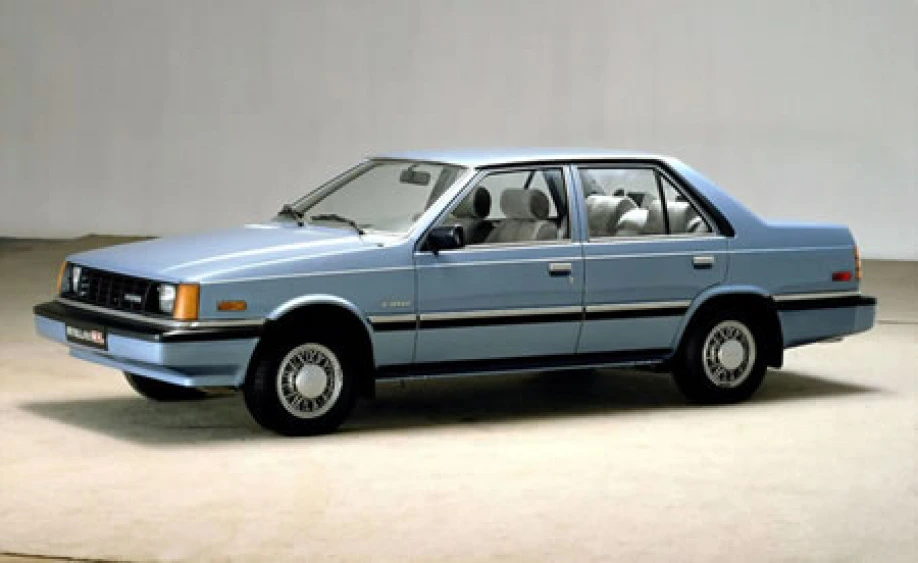
Reputation and public opinion
Maruti Suzuki
Maruti Suzuki is often regarded as the “people’s car” brand in India. Its vehicles are praised for affordability, excellent mileage, and low maintenance costs. However, some critics point out that Maruti Suzuki vehicles lack the premium features and robust build quality seen in competitors’ models. Despite these criticisms, the brand’s reputation for reliability and extensive service network keeps it at the top of consumers’ minds.
Hyundai
Hyundai has carved a niche for itself by offering feature-packed vehicles with stylish designs and advanced technologies. The brand enjoys a reputation for quality, with many consumers appreciating the premium feel of its cars. However, Hyundai vehicles are often perceived as being slightly more expensive to maintain compared to Maruti Suzuki, which could be a deterrent for budget-conscious buyers.
Verdict: Maruti Suzuki enjoys unparalleled trust among budget-conscious consumers, while Hyundai appeals to buyers looking for modern features and premium quality.
Market valuation and presence
Maruti Suzuki
Maruti Suzuki holds a commanding market share of over 40% in the Indian passenger car segment. Its dominance is supported by a vast dealership and service network, with over 3,000 service centers across the country. The company’s strong focus on small cars and compact SUVs ensures a steady stream of sales, particularly in the entry-level segment.
Hyundai
Hyundai is the second-largest car manufacturer in India, with a market share of approximately 16-18%. The brand’s focus on offering diverse models, including premium SUVs like the Creta and Tucson, has helped it build a strong presence in urban and semi-urban markets. Hyundai’s export strategy also contributes significantly to its overall valuation.
Verdict: Maruti Suzuki leads in terms of market share, but Hyundai’s consistent growth and premium product portfolio make it a formidable competitor.
Reliability
Maruti Suzuki
Maruti Suzuki is synonymous with reliability. Its vehicles are designed to withstand Indian road conditions and offer long-term durability with minimal maintenance. The availability of affordable spare parts further enhances its reliability factor.
Hyundai
Hyundai vehicles are also known for their reliability, with robust engineering and high-quality components. However, some consumers report higher maintenance costs and a relatively limited availability of spare parts in smaller towns compared to Maruti Suzuki.
Verdict: Both brands are reliable, but Maruti Suzuki’s extensive service network and affordability give it a slight edge in this category.
Future prospects
Maruti Suzuki
Maruti Suzuki’s future lies in balancing its stronghold on the ICE market with its foray into electric mobility. The company has announced plans to introduce affordable EVs tailored to Indian consumers, along with a focus on hybrid technologies to bridge the gap between ICE and EVs.
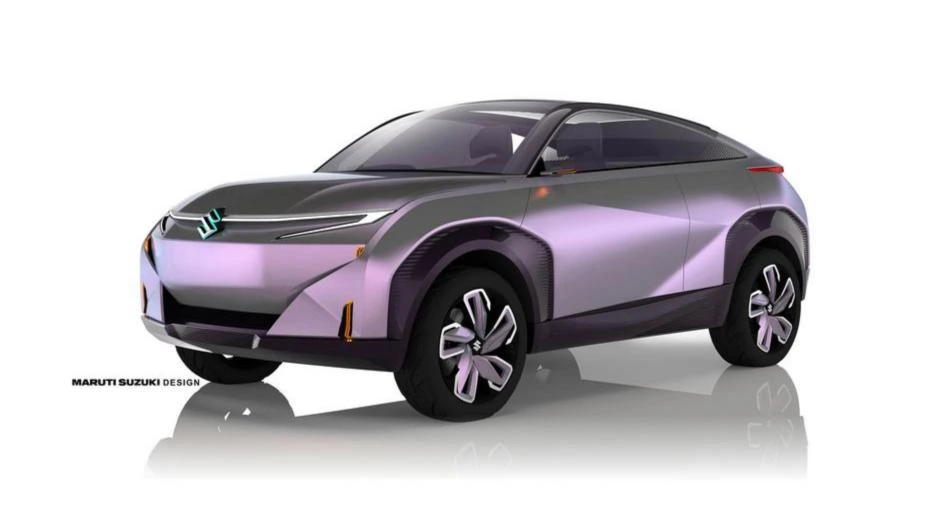
Hyundai
Hyundai is well-positioned to lead the EV revolution in India. The company has already introduced electric models like the Kona Electric and Ioniq 5, with plans to expand its portfolio further. Hyundai’s commitment to sustainability and cutting-edge technology is evident in its roadmap for the future.
Verdict: Hyundai is ahead in the EV race, but Maruti Suzuki’s strategy to offer affordable EVs could disrupt the market.
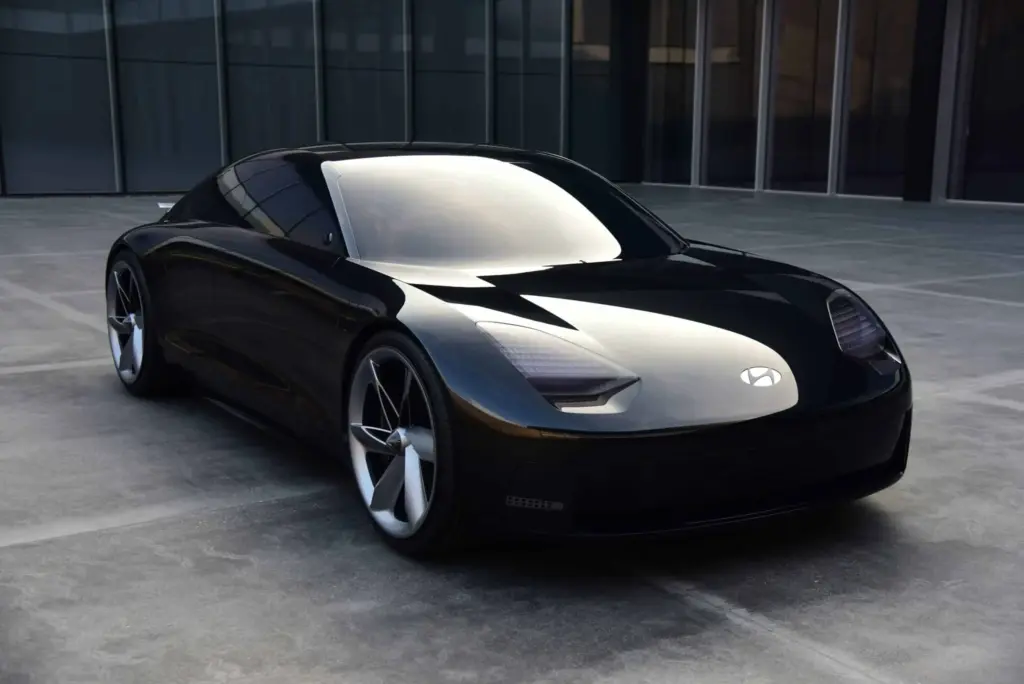
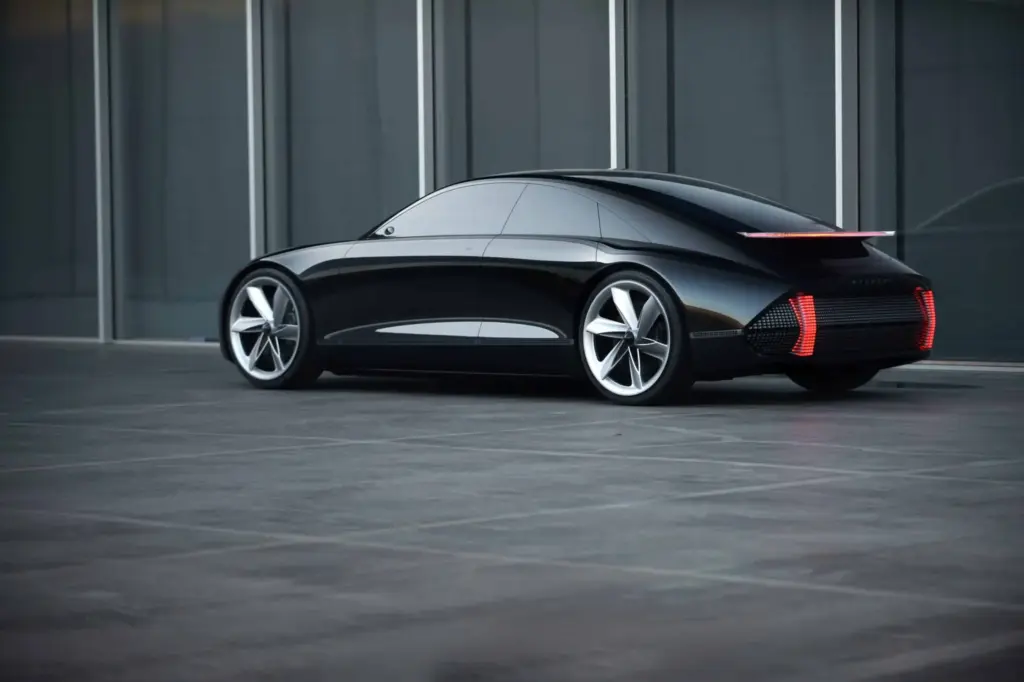
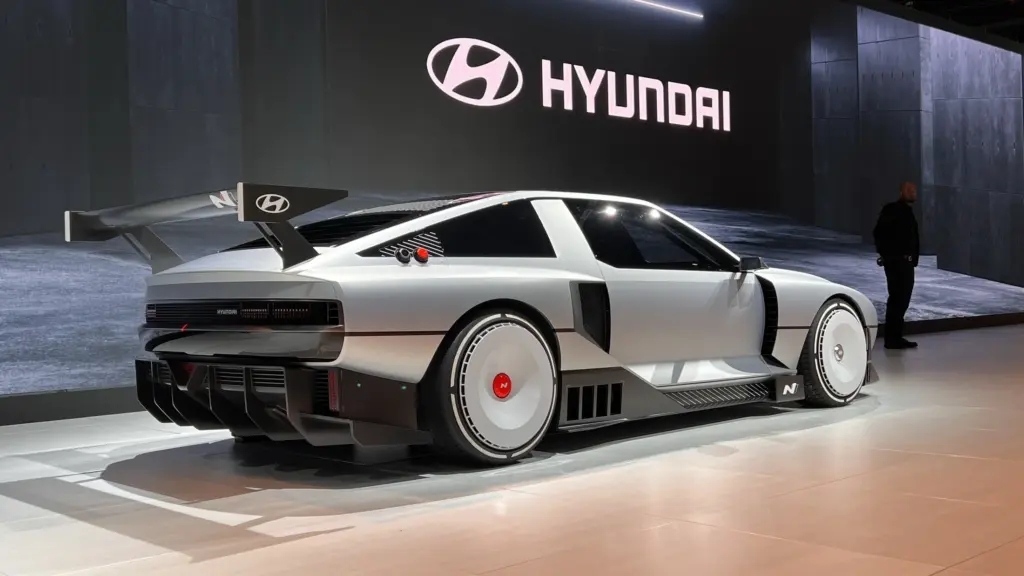
Conclusion
Both Maruti Suzuki and Hyundai are exceptional brands that cater to different segments of the Indian market. Maruti Suzuki excels in affordability, reliability, and an extensive service network, making it the go-to brand for budget-conscious buyers. Hyundai, on the other hand, offers a premium experience with feature-rich vehicles and a focus on innovation.
The choice between the two ultimately depends on individual preferences. For those prioritizing cost-effectiveness and ease of maintenance, Maruti Suzuki is an ideal choice. Conversely, buyers seeking advanced features and a touch of luxury may find Hyundai’s offerings more appealing. Both brands continue to shape the future of India’s automotive landscape, promising exciting developments in the years to come.


Deja una respuesta